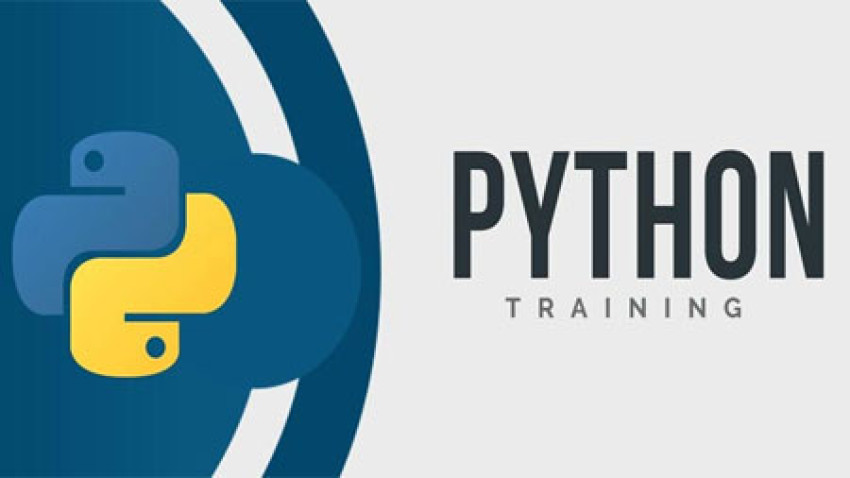
Python has become one of the most popular programming languages in recent years. Its versatility and ease of use have made it a go-to language for a wide range of applications, from web development and data analysis to artificial intelligence and machine learning. Whether you are a beginner or an experienced developer, mastering Python training can open up a world of opportunities for your career and personal growth. In this comprehensive guide, we will explore the best ways to train and advance your Python skills.
1. Learn the basics Before you can become a master of Python, you must first master the basics. This includes understanding the syntax, data types, functions, and control structures that make up the language. There are plenty of online resources available to help you learn Python, including books, video tutorials, and interactive coding challenges.
One of the most popular resources for learning Python is the official Python documentation. It provides a comprehensive overview of the language, including tutorials, guides, and reference materials. Another great resource is Codecademy, an online learning platform that offers interactive courses in Python and other programming languages.
2. Practice, practice, practice Learning the basics is just the first step in mastering Python. To truly become proficient in the language, you must practice writing code on a regular basis. This means taking on coding challenges, working on personal projects, and contributing to open-source projects.
There are many coding challenge websites that offer a variety of exercises for practicing Python. Some popular options include HackerRank, LeetCode, and Project Euler. Working on personal projects is also a great way to improve your Python skills. Whether you are building a web application, a data visualization tool, or a machine learning model, the process of writing code and solving problems will help you become a better Python developer.
Contributing to open-source projects is another excellent way to practice Python training and learn from experienced developers. GitHub is a popular platform for open-source projects, and there are many Python projects available to contribute to.
3. Attend Python conferences and meetups Attending Python conferences and meetups is a great way to connect with other developers and learn about the latest trends and best practices in the industry. Conferences like PyCon and EuroPython bring together thousands of Python developers from around the world for talks, workshops, and networking events.
Meetup.com is a great resource for finding local Python meetups in your area. These events offer an opportunity to connect with other developers, share knowledge and experiences, and learn from guest speakers.
4. Read Python books and blogs There are many excellent books and blogs available for learning and mastering Python. Some popular books include "Python Crash Course" by Eric Matthes, "Fluent Python" by Luciano Ramalho, and "Python for Data Analysis" by Wes McKinney.
Blogs like Real Python, PyBloggers, and Python Software Foundation offer a wealth of knowledge and insights on Python development. They cover a range of topics, from beginner tutorials to advanced techniques in machine learning and data science.
5. Specialize in a specific area Python training is a versatile language that can be used for a wide range of applications. If you want to become a master of Python, consider specializing in a specific area of the language. This could include web development with Django or Flask, data analysis with Pandas and NumPy, or machine learning with scikit-learn or TensorFlow.
By specializing in a specific area, you can develop a deeper understanding of the language and become an expert in your chosen field. This can lead to new career opportunities and help you stand out in a competitive job market.
In conclusion, mastering Python requires dedication, practice, and a willingness to learn. By following the tips outlined in this guide, you can develop your skills and become a proficient Python developer.


